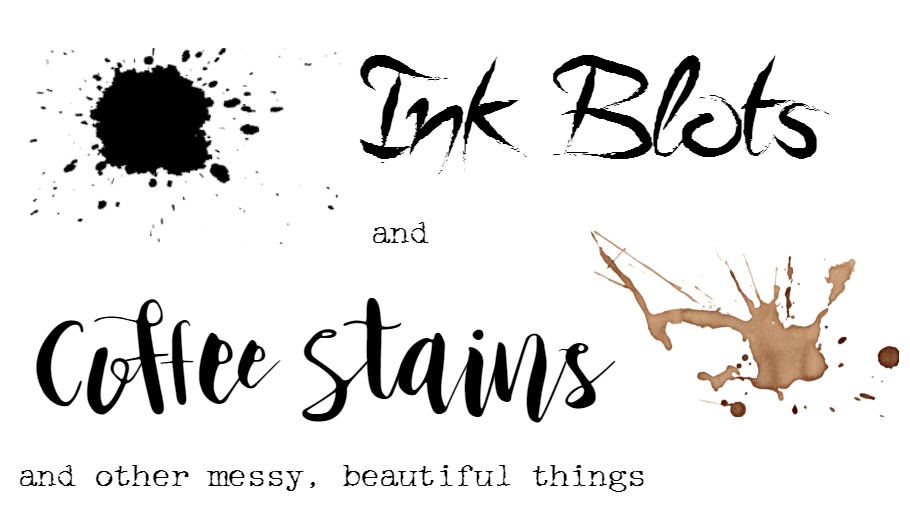And now it is time for everyone's favorite topic. Every writer's dream moment.
Explaining your story to the clueless.
You meet someone who has never heard of you, or your story. But, since you're at a writing workshop they KNOW you're a writer. There's no hiding it. There's no avoiding the question. You have to be able to explain your story. I used to get out of explaining my story by saying, "Oh, I write fantasy novels in other worlds with adventure and magic and stuff." And that would satisfy. But not anymore.
Now, fellow writers, you must learn to coherently explain your plot.
There are several ways to do this. My advice would be to write a pitch for your story, which I wrote a post about here. A pitch is a one sentence hook, and my favorite version is the conversation pitch because you can give it to fellow writers in a casual setting and make a conversation.
I do have a few other tips to help you with sharing your story idea with someone!
You know your story better than anyone. This person knows nothing (most likely). So be confident when you're telling the person about your book. Speak boldly and don't back down, don't play things off as if they're no biggie. Don't brag about your book, but don't discredit it either.
Be confident! You've spent so much time with your story. So OWN IT.
SO. Think over how you can briefly sum up your story world, your main character and the journey they go through (emotional and physical) in the course of the story, and why you started writing the book/some things you want to say with it.
It's important to mull over these because YOU WANT TO HAVE THOUGHT IT THROUGH. You don't want to get caught of guard because then you'll start blabbing. And you'll say a bunch of stuff that probably didn't need to be said, and you'll lose the listener's attention.
Also, you want the conversation to be double sided. You want to hear about the other person's story too. And if you spend the whole time trying to explain your Very Complicated Main Character, you likely won't get to hear much about their story.
Briefness is especially important when talking to professionals. You want it short and sweet ... and memorable. Those few words you get need to be big words that hook and grab. They need to matter.
At this point, I can hear your thoughts.
"But HANNAH," you whine. "What is this thing you speak of? Briefness, you call it? What is this magic?"
I know, I know. I tend to write long. My MG novel (which those books are ideally in the 50k-70k range) was 94k words. *sighs* There's a LOT that goes on in that story. And don't even get me started on my YA novel, The Thief's Conspiracy. The first draft was only 85k words, but the second draft was a whopping 126k.
"Summing up" is synonymous with "brutal axe murder". With a cherry on top. (Yes, that's a pun. Yes, it is a good pun.
Point being: I GET IT. Summing stuff up is really hard. But a key thing to remember is: you don't have to tell them everything.
You just want to touch on the key points. The things that will pique their interest.
Let's start with summing up your main character.
"But I have five main characters," you might protest. "I can't sum them all up!"
I'm not sure what my opinion on this matter is, but I've heard it say by wise writers that you can only have one main character. I didn't believe it when I was planning The Dream Walkers, but I kind of do now, especially when I found out who my main character was in that book, and why. I saw how she effected the story and characters and carried the plot differently than the others.
I'd say give three to five interesting things about your character. For example, my main character's name is Chloe and she is the oldest of four siblings. She's a Dream Giver, which means she can give people dreams at night and send them to Dream World, where they play on the landscape she crafted. She can also open doors in Dream World that no one else can. But she's a very lonely child, and has to learn in the story that sometimes we might feel alone even when we're surrounded by people, but that doesn't mean we are alone.
See? That's like ... how many words is that? 86. That's an 86 word summary of my main character.
It's so much easier than you might think! Say what is interesting and important, and leave the rest for when the person reads the story.
The same goes for your setting. Be brief, and tell people about the cool and hooking parts.
I'll end with one more "official" step. (because it's centered and in bold and says step before it so it's obviously Very Important.)
Remember that the person you're speaking to (at least when you're at a workshop) is a writer too. Be sure to keep the conversation balanced. What's their story about? Who is their main character? Why are they writing this book?
When someone is genuinely interested in our book, it's really hard to stop talking. I know I could go on for AGES. It's my passion, after all. How could I not? But don't forget to offer the joy of being heard to someone else.
You both deserve to be listened to.
I won't be back till July, so I wish you all a happy summer! I'll be back with a wrap-up post and I will
Do you struggle explaining your book to people? Any tips that I missed?













